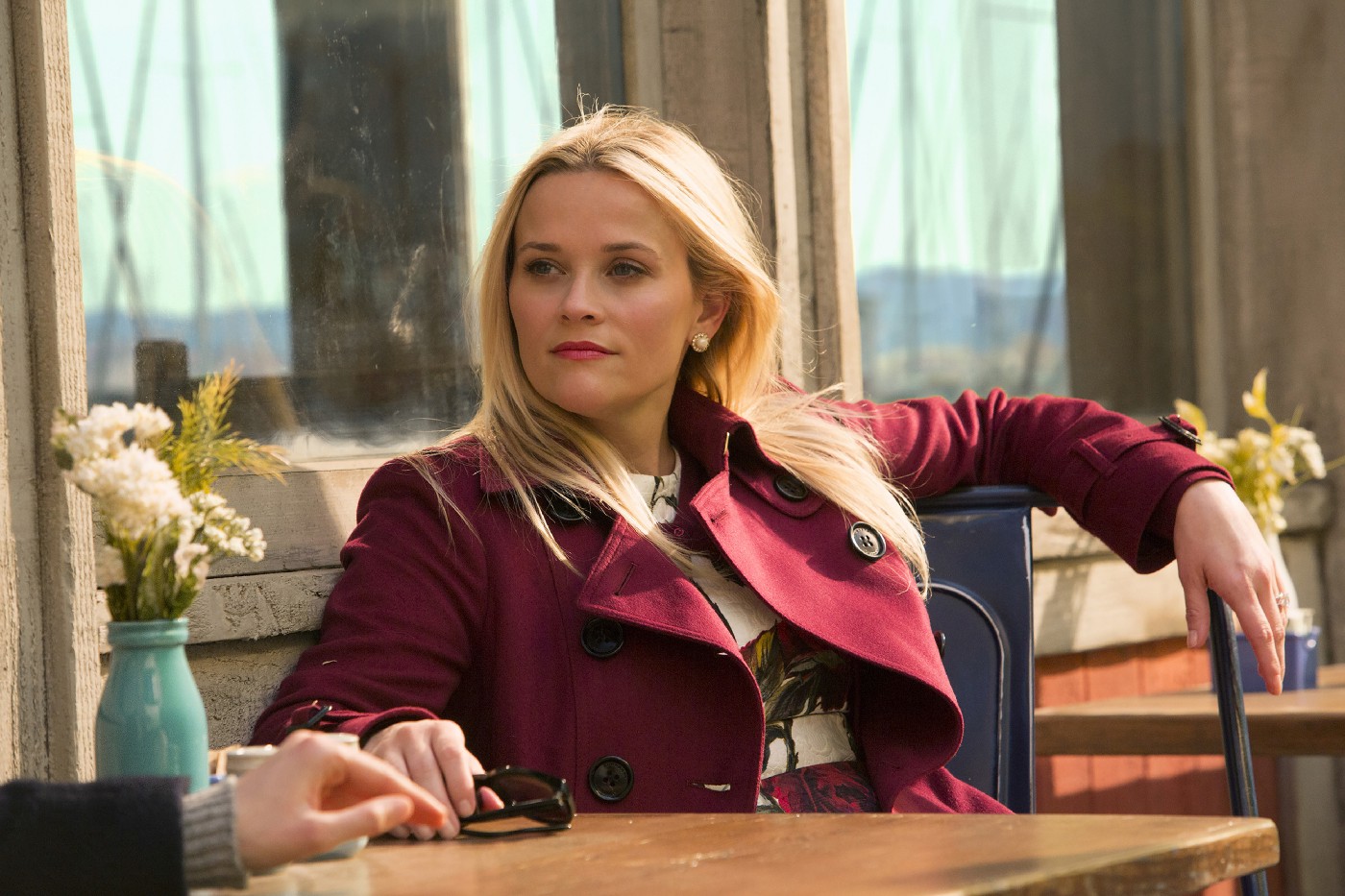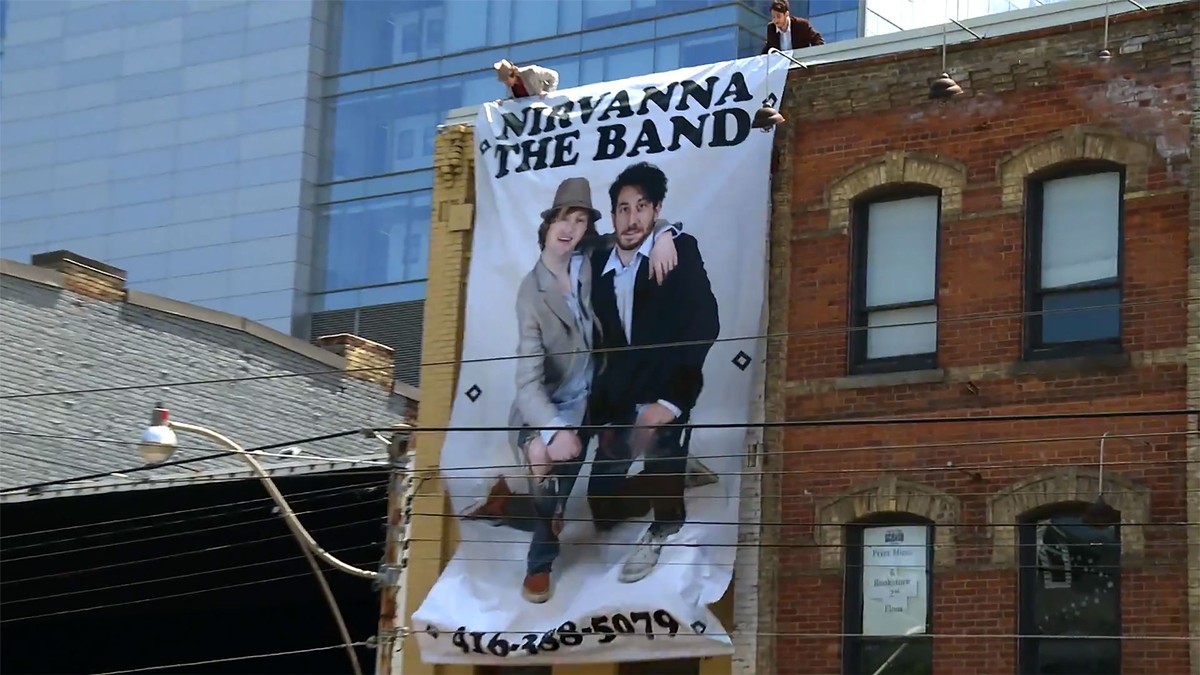It was around 2010 when I discovered Helen Faradji’s regular editorials to the
online website of the Québécois film magazine 24 Images. They were
stimulating, relevant, critical, written with care and generous. Not only did
they engage with the Québécois film community directly but also the rest of the
world, the history of cinema and online film culture. This was something unique
as the ‘serious’ film critics that I read – the Ciment’s and the Delorme’s –
didn’t talk about anything remotely Canadian and the internet was still a terra
non grata. Also the magazine itself, with two women in the lead editorship
positions (this includes Marie-Claude Loiselle), regularly put forward (and
still does) extensive dossiers on the history of Canadian, though specifically
Québécois, cinema. The first issue I bought is from October-November 2010 with
the feature ‘Rêver L’ONF de Demain’. This sort of publishing just doesn’t happen
in English-language Canada: where in Montreal they honor the film history that
I came before them in Toronto, and other places in English-Canada, it just
seems like young directors like to publicly complain about funding and
distribution. But what about the past?! It just seems like a minority interest
after having attended a few of the Canada on Screen series that only had about
another twelve people in attendance…
But anyways,
I’m honored to post Faradji’s 100 Best Canadian Films list since I think
it’s a good one and I’ve both learned a lot and have been influenced by her 24
Images editorials, up until she stopped writing them in 2015.
100 Best Canadian
Films is an open series of personal surveys of the history of Canadian
cinema. Other lists includes those by Fabrice Montal, Stephen
Broomer, Paul
Corupe, David
L. Pike, Jerry
White, André
Loiselle, Paul
Williams, Greg Klymkiw, Pat Mullen, Jason Anderson, Daniel Kremer, Yves Lever, Piers Handling, Marcel Jean, Mike Hoolboom and myself. Please let me know if you’re
interested in contributing. – D.D.
***
Helen Faradji’s
100 Best Canadian Films
- Begone Dull Care, Norman McLaren, Evelyn
Lambart (1949)
- Neighbours, Norman McLaren (1952)
- The Days Before Christmas, Stanley Jackson, Wolf Koenig, Terence
McCartney-Filgate, (1958)
- Les raquetteurs, Gilles Groulx,
Michel Brault (1958)
- Very Nice, Very Nice, Arthur Lipsett (1961)
- La Lutte, Michel Brault,
Marcel Carrière, Claude Fournier, Claude Jutra (1961)
- Les Bûcherons de la Manouane, Arthur Lamothe (1962)
- Lonely Boy, Wolf Koenig, Roman Kroitor (1962)
- Nobody Waved Good-bye, Don Owen (1964)
- Pour la suite du monde, Pierre Perrault, Michel Brault (1963)
- Le Chat dans le sac, Gilles
Groulx (1964)
- À tout prendre, Claude Jutra (1964)
- Rouli-Roulant, Claude Jutra, (1965)
- La vie heureuse de Léopold Z., Gilles Carle, (1965)
- Entre la mer et l’eau douce, Michel Brault (1967)
- Wavelength, Michael Snow (1967)
- Pas de deux, Norman McLaren (1968)
- A Married Couple, Allan King (1969)
- On est au coton, Denys Arcand (1970)
- On est loin du soleil, Jacques Leduc (1970)
- La région centrale, Michael Snow
(1971)
- Mon oncle Antoine, Claude Jutra
(1971)
- La vraie nature de Bernadette, Gilles Carle (1972)
- Le temps d'une chasse, Francis
Mankiewicz (1972)
- La vie rêvée, Mireille Dansereau (1972)
- La maudite galette, Denys Arcand (1972)
- Réjeanne Padovani, Denys Arcand
(1973)
- La mort d’un bûcheron, Gilles Carle, 1973
- Il était une fois dans l’Est, André Brassard (1974)
- The Apprenticeship of Duddy Kravitz, Ted Kotcheff (1974)
- Black Christmas, Bob Clark (1974)
- Bar salon, André Forcier (1974)
- Night
Cap, André Forcier (1974)
- Les ordres, Michel Brault
(1974)
- Shivers, David Cronenberg (1975)
- L’eau chaude, l’eau frette, André Forcier (1976)
- Parlez-nous d’amour, Jean-Claude Lord (1976)
- Le vieux pays où Rimbaud est mort, Jean Pierre Lefebvre (1977)
- Chronique de la vie quotidienne: Samedi, Pierre Bernier, Jean Chabot, Roger Frappier, Claude Grenier, Jacques
Leduc (1977)
- J. A. Martin, photographe, Jean Beaudin (1977)
- Pea Soup, Pierre Falardeau et Julien Poulin (1979)
- Les bons débarras, Francis
Mankiewicz (1979)
- Mourir à tue-tête, Anne Claire
Poirier (1979)
- Le confort et l’indifférence, Denys Arcand (1981)
- Crac!, Frédéric Back (1981)
- La bête lumineuse, Pierre
Perrault (1982)
- Au clair de la lune, André Forcier (1982)
- Videodrome, David Cronenberg
(1983)
- La guerre des tuques, André
Melançon (1984)
- La femme de l’hôtel, Léa Pool (1984)
- Sonatine, Micheline Lanctôt (1984)
- Le voleur vit en enfer, Robert Morin, Lorraine Dufour (1984)
- Elvis Gratton, Pierre Falardeau (1985)
- Le déclin de l'empire américain, Denys Arcand (1986)
- Un zoo la nuit, Jean-Claude Lauzon (1987)
- Family Viewing, Atom Egoyan (1987)
- L’homme qui plantait des arbres, Frédéric Back (1987)
- Dead Ringers, David Cronenberg (1988)
- Alias Will James, Jacques Godbout (1988)
- Le
party, Pierre Falardeau (1989)
- Jésus de Montréal, Denys Arcand
(1989)
- Naked
Lunch, David Cronenberg (1991)
- Léolo, Jean-Claude Lauzon (1992)
- Requiem pour un beau sans
cœur, Robert Morin (1992)
- Thirty Two Short Films About Glenn Gould, François Girard (1993)
- Kanehsatake: 270 Years of Resistance, Alanis Obomsawin (1993)
- Yes Sir! Madame…, Robert Morin (1994)
- Exotica, Atom Egoyan (1994)
- Crash, David Cronenberg (1996)
- Hustler White, Bruce LaBruce (1996)
- Hard Core Logo, Bruce McDonald (1996)
- The Sweet Hereafter, Atom Egoyan (1997)
- Last Night, Don McKellar (1998)
- When the Day Breaks, Wendy Tilby, Amanda Forbis (1999)
- Atanarjuat: The Fast Runner, Zacharias Kunuk (2001)
- Dracula:
Pages from a Virgin’s Diary,
Guy Maddin (2002)
- Gaz Bar Blues, Louis Bélanger (2003)
- The Corporation, Mark Achbar, Jennifer Abbott (2003)
- La face cachée de la lune, Robert Lepage (2003)
- The
Saddest Music in the World,
Guy Maddin (2003)
- Ryan, Chris Landreth
(2004)
- C.R.A.Z.Y., Jean-Marc Vallée (2005)
- Petit Pow! Pow! Noël, Robert Morin (2005)
- Manufactured Landscapes, Jennifer Baichwal (2006)
- My Winnipeg, Guy Maddin (2007)
- Up the Yangtze, Yung Chang, 2007
- Rechercher
Victor Pellerin,
Sophie Deraspe, 2007
- À l'ouest de Pluton, Henry
Bernadet, Myriam Verreault (2008)
- Next Floor, Denis Villeneuve (2008)
- Hommes à louer, Rodrigue Jean
(2009)
- Incendies, Denis Villeneuve (2010)
- Cosmopolis, David Cronenberg (2012)
- Enemy, Denis Villeneuve (2013)
- Felix et Meira, Maxime Giroux (2014)
- Mommy, Xavier Dolan (2014)
- Minarsky, chute mortelle, Matthew Rankin (2015)
- Les démons, Philippe Lesage (2015)
- Vaysha l’aveugle, Theodore Ushev (2016)
- Room, Lenny
Abrahamson (2016)
- Ceux qui font les révolutions à moitié n'ont fait que se creuser un
tombeau, Mathieu Denis, Simon Lavoie (2016)



